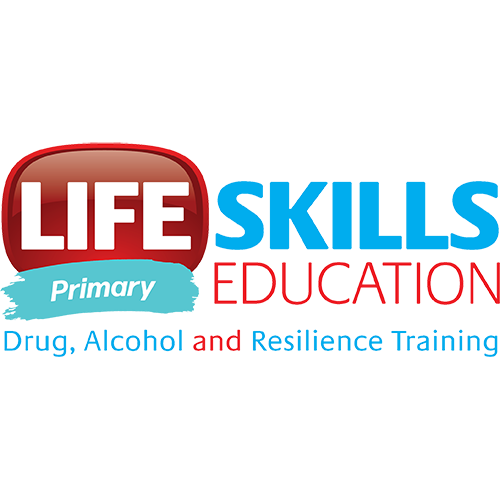It’s About Changing Behaviour
Our programmes address risky behaviours in young people using our unique decision-making models, which help young people make informed, balanced choices.
What do we mean by risky behaviours? Anything which may put ourselves or others at risk of physical, mental, emotional harm or abuse. This can cover a range of things including abusing drugs or alcohol, criminal or anti-social behaviour, hate or knife crime and also risky sexual behaviour. As a society we are often plagued by behaviour that risks a negative outcome for individuals, families, communities or society – people can be treated disrespectfully and societal values and norms can be in danger of decline creating difficulties for individuals and communities.
Risky Behaviour and Young People
Young people can naturally be risk takers for a wide variety of reasons – to impress their friends, to experiment, to challenge authority or test out boundaries, to gain attention. They are inexperienced in life and often do not have the emotional maturity or the range of strategies required in order to deal with situations that can be damaging to themselves and others.
Risky behaviours are those that potentially expose people to harm, or significant risk of harm which will prevent them reaching their potential. For example:
-
Crime: Involvement in criminal activities can lead to legal consequences, a criminal record, and a negative impact on future opportunities1.
-
Drugs and Alcohol: Substance abuse can result in addiction, health problems, impaired judgment, and increased risk of accidents and injuries2.
-
Knives: Carrying or using knives can lead to serious injuries, fatalities, and legal repercussions3.
How can Life Skills courses help?
Throughout all of our programmes we discuss a wide variety of behaviours and examine the risks and consequences of these. Using our unique STaR and SKILL DECISION MAKING MODEL’s to work through a number of different scenarios students will learn to manage personal stress, act responsibly, find out where to go for support and help, and what makes a good citizen.
Which course do I need?
All of our KS2 and 3 courses deal with risky behaviour.
1: GOV.UK – Risk behaviours and negative outcomes 2: State of Child Health – Alcohol and drug use in young people 3: Oxford Academic – Multiple risk behaviour in adolescence
Some extra resource to take a look at around risky behaviours
Understood
Parents want the best for their children. We do, too. For the first time ever, 15 nonprofit organizations have joined forces to support parents.
Better Help
The largest age group for exhibiting risky behavior is the adolescent years and has been thought to be associated with the immature mind.
Kings Fund
Key findings from Mentor’s Thinking Prevention
series of public health briefing papers, Smoking, drinking and drug use overlap.
DECIPher
The number of risky behaviours young people engage in may be more important than the ways specific behaviours cluster together.
Find Out More
Learn more about how Life Skills Education programmes help children make better choice to avoid risky behaviours.
Buy it Now
The SKILL Decision Making Model is in all Life Skills Education programmes, a key resource in decision making.
